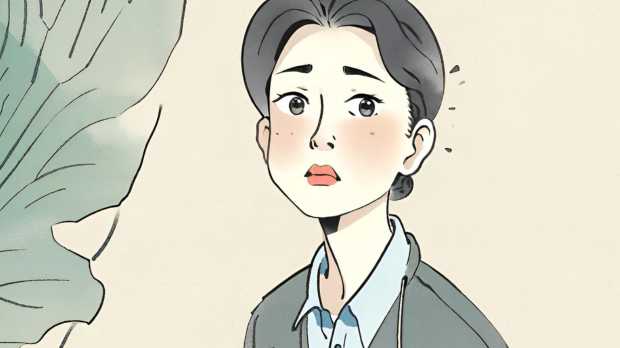Some people with anxiety may actively resist relaxation in favor of worrying, according to new research. The study[1] suggests it’s a way to avoid a large jump in anxiety if something bad really does happen.
Researchers found that people more sensitive to shifts in negative emotion — quickly moving from a relaxed state to one of fear, for example—are more likely to feel anxious while taking part in relaxation exercises.
The results could help benefit people who experience relaxation-induced anxiety, a phenomenon that occurs when people actually become more anxious during relaxation training, says Michelle Newman, professor of psychology at Penn State.
“People may be staying anxious to prevent a large shift in anxiety, but it’s actually healthier to let yourself experience those shifts. The more you do it, the more you realize you can do it and it’s better to allow yourself to be relaxed at times. Mindfulness training and other interventions can help people let go and live in the moment,”
Newman says.
Relaxation Induced Anxiety
The study also sheds light on why relaxation treatments designed to help people feel better can potentially cause more anxiety, says Hanjoo Kim, a graduate student in psychology.
“People who are more vulnerable to relaxation-induced anxiety are often the ones with anxiety disorders who may need relaxation more than others,” Kim says. “And of course, these relaxation techniques were meant to help, not make someone more anxious. Our findings will hopefully serve as a cornerstone for providing better care for these populations.”
While researchers have known about relaxation-induced anxiety since the 1980s, the specific cause of this phenomenon has remained unknown, Newman says. When Newman developed a contrast avoidance theory[2] in 2011, she thought the two concepts might be connected.
“The theory revolves around the idea that people may make themselves anxious intentionally as a way to avoid the letdown they might get if something bad were to happen. This isn’t actually helpful and just makes you more miserable. But, because most of the things we worry about don’t end up happening, what’s reinforced in the brain is, ‘I worried and it didn’t happen so I should continue worrying,’”
Newman says.
Emotion Spikes
The researchers recruited 96 college students. Participants included 32 people with generalized anxiety disorder, 34 people with major depressive disorder, and 30 controls with neither disorder.
When the participants arrived at the lab, the researchers led them through relaxation exercises before having them watch videos that may elicit fear or sadness.
The participants then answered a list of questions designed to measure how sensitive they were to changes in their emotional state. For example, some people may feel uncomfortable with the negative emotions the videos incited right after relaxing, while others might find the relaxation session helpful in dealing with those emotions.
Next, the researchers led the participants through a relaxation session once more before having them fill out a second survey. They designed these questions to measure the participants’ anxiety during the second relaxation session.
After analyzing the data, the researchers found that people with generalized anxiety disorder were more likely to be sensitive to sharp spikes in emotion, like going from feeling relaxed to feeling scared or stressed. Additionally, this sensitivity linked to feeling anxious during sessions intended to induce relaxation.
The researchers found similar results in people with major depressive disorder, although the effect wasn’t as strong. Kim says he hopes the results may help clinicians provide better care for people with anxiety.
“Measuring relaxation-induced anxiety and implementing exposure techniques targeting the desensitization of negative contrast sensitivity may help patients reduce this anxiety. Also, it would be important to examine relaxation-induced anxiety in other disorders, such as panic disorder and persistent mild depression,”
he says.
[1] Hanjoo Kim, Michelle G. Newman. The paradox of relaxation training: Relaxation induced anxiety and mediation effects of negative contrast sensitivity in generalized anxiety disorder and major depressive disorder. Journal of Affective Disorders; Volume 259, 1 December 2019, Pages 271-278
[2] Newman MG, Llera SJ. A novel theory of experiential avoidance in generalized anxiety disorder: a review and synthesis of research supporting a contrast avoidance model of worry. Clin Psychol Rev. 2011 Apr;31(3):371-82. doi: 10.1016/j.cpr.2011.01.008
Last Updated on January 8, 2024
